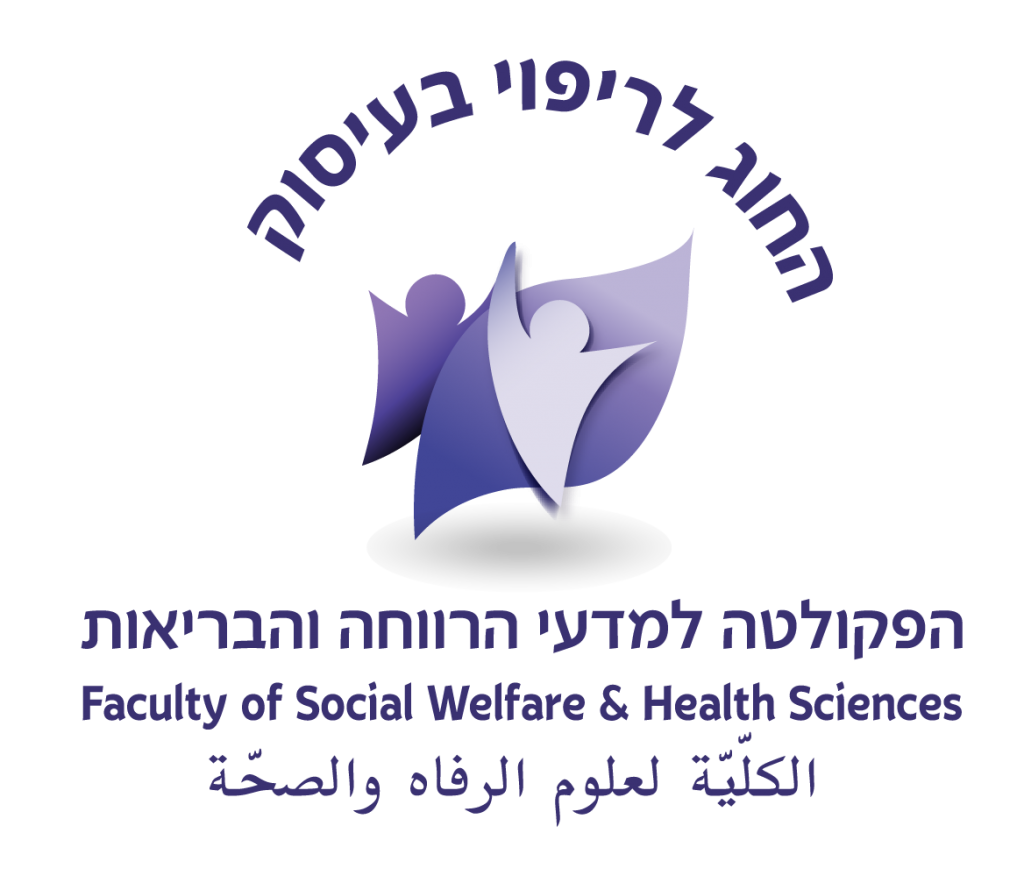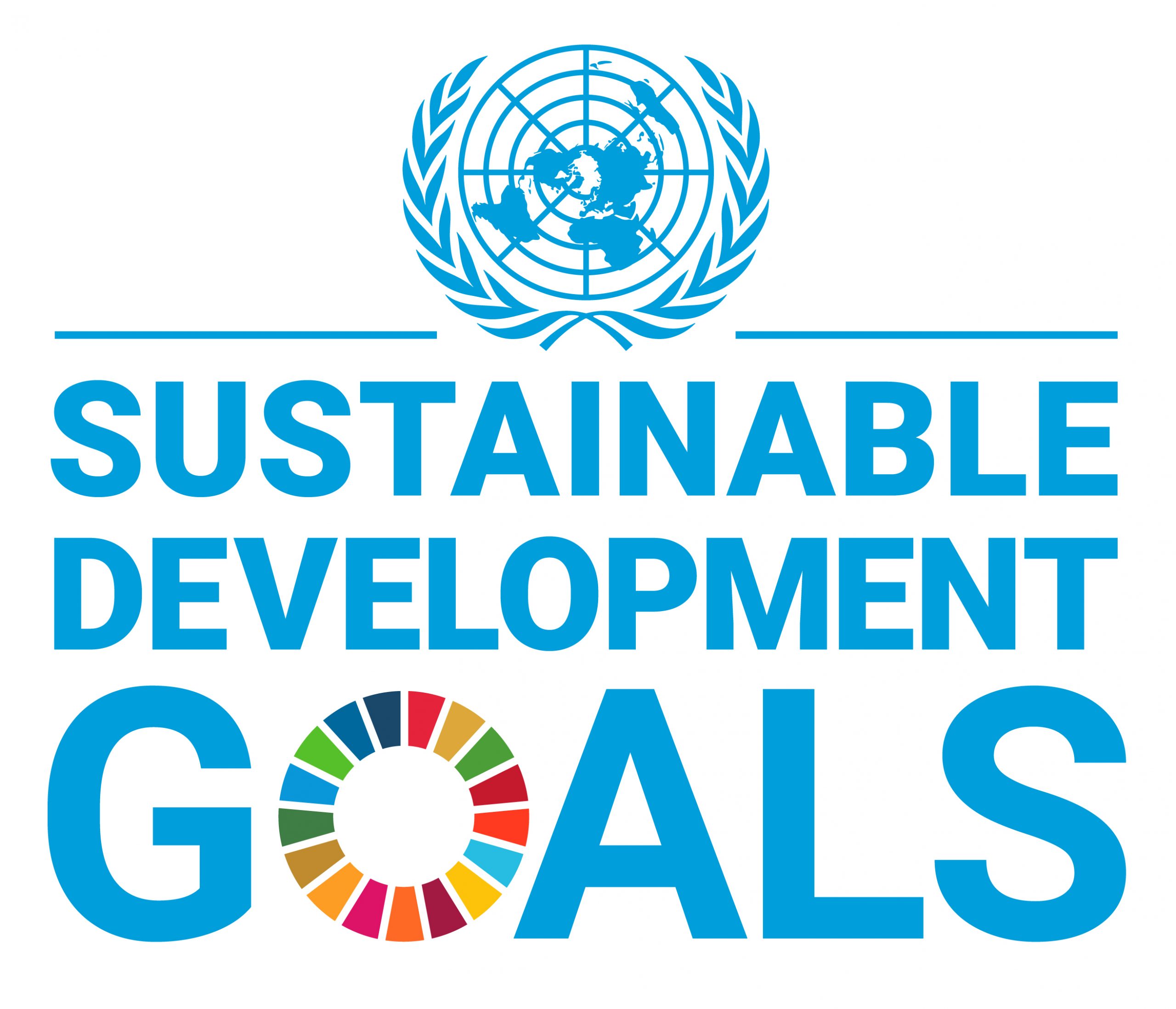Gender Differences in State Anxiety Related to Daily Function Among Older Adults During the COVID-19 Pandemic: Questionnaire Study
Rosenblum, S., & Elimelech, O. C. (2021). Gender Differences in State Anxiety Related to Daily Function Among Older Adults During the COVID-19 Pandemic: Questionnaire Study. JMIR aging, 4(2), e25876. https://aging.jmir.org/2021/2/e25876
Background:The COVID-19 pandemic poses a challenge to people’s day-to-day functioning and emotional and physical health, especially among older adults.
Objective:The aim of this study is to analyze gender differences in state anxiety, daily functional self-actualization, and functional cognition as well as the relationships among those factors in older adults during the COVID-19 pandemic lockdown.
Methods:We collected data on the web from a sample of 204 people (102 men and 102 women) aged 60 years and older. In addition to a demographic questionnaire, we used the State-Trait Personality Inventory to assess state anxiety, the Daily Functional Actualization questionnaire to evaluate daily functional self-actualization, and the Daily Living Questionnaire to measure functional cognition.
Results:Significant gender differences were found for state anxiety (t202=−2.36, P=.02); daily functional self-actualization (t202=2.15, P=.03); and the functional cognition components: complex tasks (Z=−3.07, P=.002); cognitive symptoms that might be interfering (Z=−2.15, P=.028); executive functions (Z=−2.21, P=.024); and executive function monitoring (Z=−2.21, P=.027). Significant medium correlations were found between both state anxiety level and daily functional self-actualization (r=−0.62, P<.001) and functional cognition (r=0.37-0.40, P<.001). Gender predicted 3% of the variance in state anxiety level, while daily functional self-actualization predicted 41% and complex activities (Daily Living Questionnaire) predicted an additional 3% (F3,200=58.01, P<.001).
Conclusions:In older adults, anxiety is associated with cognitive decline, which may harm daily functional abilities and lead to social isolation, loneliness, and decreased well-being. Self-awareness and knowledge of gender differences and relationships between common available resources of daily functional self-actualization and functional cognition with anxiety may be strengthening factors in crisis periods such as the COVID-19 pandemic.








